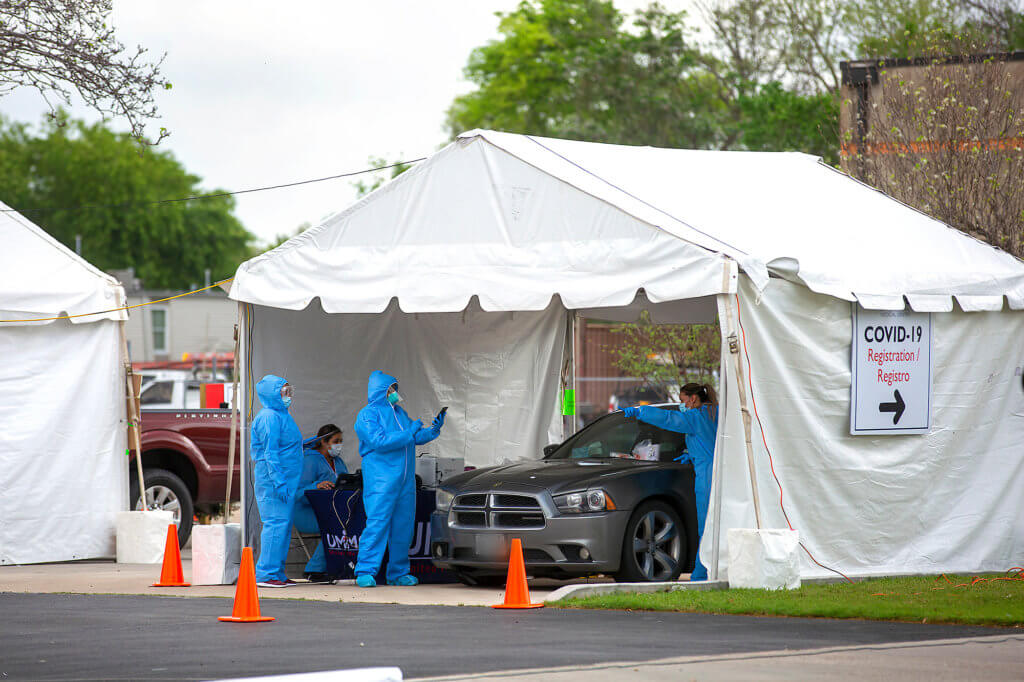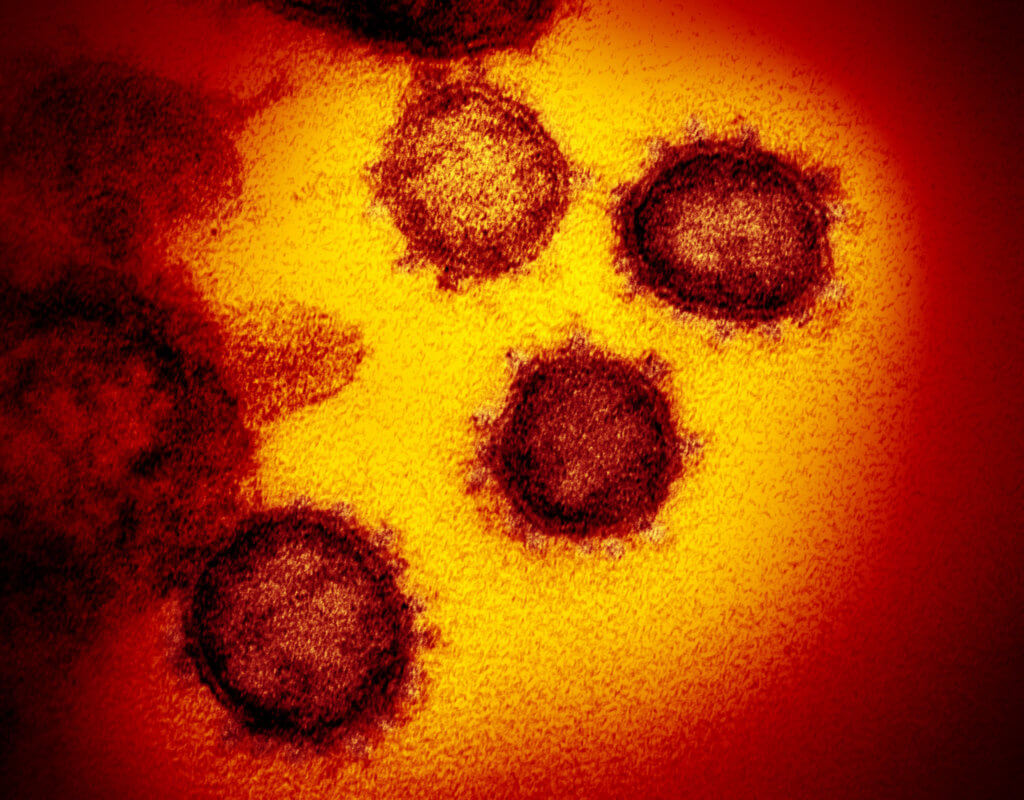Why you should talk to a genetic counselor before using an at-home DNA test

Direct-to-consumer genetic tests have surged in popularity in recent years with a growing population of consumers dabbling in recreational genomics by sending off their DNA to companies such as Ancestry.com and 23andMe to learn more about their traits, ancestry and health.
More than 26 million people had used an at-home DNA test kit by early 2019, according to the MIT Technology Review.
“We, by nature, are super-curious. We want to know information,” said Amy Lynn McGuire, J.D., Ph.D., director of the Center for Medical Ethics and Health Policy at Baylor College of Medicine. “Most of these at-home genetic tests provide a variety of different types of information, but they also provide things like ancestry information, they’ll do relative matching and they provide recreational information.”
But what happens when these tests provide results for which someone isn’t emotionally or mentally prepared?
Earlier this month, journalist Dorothy Pomerantz chronicled her personal experience with DNA testing using 23andMe and the unexpected results.
“I had just gotten home from the gym when I opened the email from 23andMe saying a report was ready for me to read,” Pomerantz wrote in an Aug. 8, 2019 STAT News article. “That click changed my life forever: To my utter shock, the results showed that I have a mutation in a gene called BRCA1, which puts me at a huge risk of developing breast and ovarian cancer. I broke into tears.”
Pomerantz is one of many consumers to receive devastating news about their increased risk of certain health conditions, such as breast cancer, ovarian cancer, Alzheimer’s disease and Parkinson’s disease—raising questions about how tests should be interpreted, who should be interpreting them and if people really know what they’re getting and what they’re not.
“In the end, home genetic testing—direct-to-consumer testing—is here to stay. The question is: How best to respond to the consequences, benefits and limitations of it?” said Daniel Riconda, program director of the Genetic Counseling Program at Baylor College of Medicine.
Genetic counselors play an important role as translators and interpreters of complex genetic information to help people more clearly and accurately understand their test results.
“We’re also there to provide resources and help them navigate what may be reliable and what may be less reliable,” Riconda added. “When you look at the internet and the vast wealth of information out there, sometimes it’s hard to know what is science and what is science fiction—what is anecdote, what is biased or unbiased. Although by no means do we have all of the answers to all of the questions, we may be able to provide some guidance to some of the resources that are more or less useful in that regard.”
Before direct-to-consumer tests, genetic information was oftentimes delivered face-to-face by a doctor who would explain the results, what they mean and how to proceed. Now, the prevalence of these testing kits has removed the health care professional from the equation.
“That really challenges how we think about the traditional health care professional-patient relationship,” McGuire said. “From my perspective, the gold standard is to be able to sit in a room with somebody and to get the information in a way that is put into context for you from the beginning and you can understand the information you’re getting.”
Genetic testing is “an evolving science,” Riconda said. While providing multiple benefits and insights into suspected genetic conditions and disorders, there are also limitations. Direct-to-consumer genetic tests are not meant to be used as a comprehensive, clinical diagnosis; results are an approximation at best.
“Some of the direct-to-consumer companies, like 23andMe, test for the BRCA mutation, which—if you have it—gives you a significantly increased risk of breast and ovarian cancer. But, there are thousands of mutations in that gene that are associated with that risk; 23andMe is only testing for three of them,” McGuire said. “Not having pre-test counseling, somebody may not fully appreciate that and they may get a result back that could be negative without knowing that there are 997 other variants … that they need to look at it if they’re really concerned about their family history.”
Ultimately, experts advise that consumers do their homework, research potential results, know what’s being tested for, understand the limitations of the tests are and rely on health care professionals for guidance.
“Genetics is one piece of the puzzle when it comes to our health, in most circumstances,” McGuire said. “In most cases, you’re looking at risk prediction and probabilities. People need to take into consideration all of the other factors like their family history, their lifestyle, their symptoms, their environment—all of the things that play into what makes us healthy and makes us sick.”




